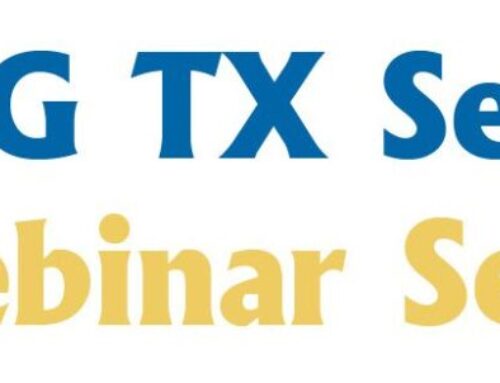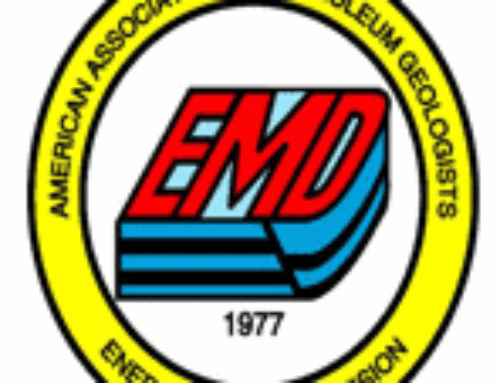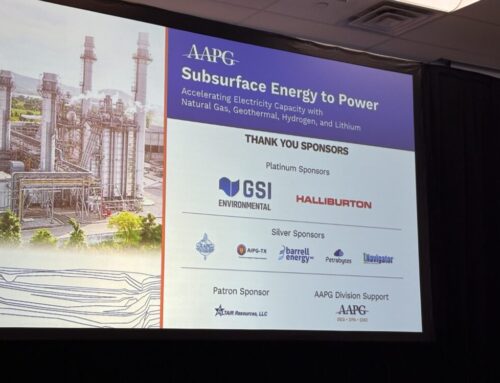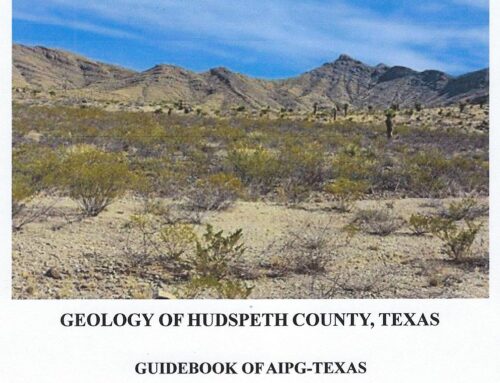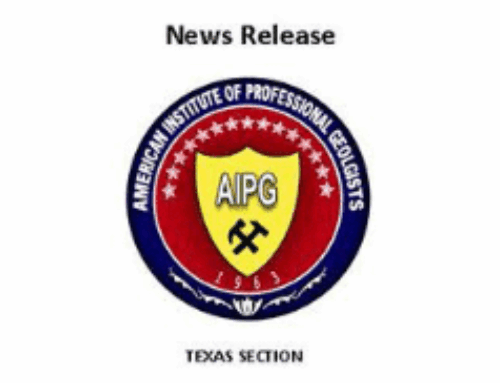The TCEQ discovered and fixed several errors found in the soil TPH calculator (columns E and I of the excel sheets) for the >C12-C16 Aliphatic, >C16 – C21 Aliphatic, and the >C21-C35 Aliphatic carbon ranges. The errors were caused by the incorrect referencing of cells within the PCL calculation equation for the listed aliphatic carbon ranges. Instances of the errors occurred in the TotSoilComb, GWSoilIng, GWSoilClass3, and AirSoilInh-V TPH excel sheets.
The soil TPH calculator has been updated and posted on the TCEQ external webpage: https://www.tceq.texas.gov/remediation/trrp/trrppcls.html. The revised version (V 3.0 – 02/2020) should be used moving forward.
The Railroad Commission of Texas proposes amendments to §3.30, relating to Memorandum of Understanding between the Railroad Commission of Texas (RRC) and the Texas Commission on Environmental Quality (TCEQ). The amendments are proposed to implement changes made by House Bill 2230 and House Bill 2771 from the 84th and 86th Texas Legislative Sessions, respectively. The proposed amendments also update the definition of underground source of drinking water.
The memorandum of understanding (MOU) between the TCEQ and the RRC was last amended in May 2012. Proposed amendments in subsection (a)(4) and subsection (g) update the applicable dates of MOU amendments. The proposed effective date of May 11, 2020, in subsection (g) may change depending on the date of RRC adoption of the proposed amendments.
House Bill 2230 (84th Legislature, 2015) enacted Texas Water Code, Section 27.026, to allow dual authorization of Class II and Class V injection wells for the disposal of nonhazardous brine from a desalination operation, or nonhazardous drinking water treatment residuals (DWTR), under the jurisdiction of the TCEQ, into a Class II injection well permitted by the RRC. House Bill 2230 allows the TCEQ to authorize by individual permit, by general permit, or by rule, a Class V injection well for the disposal of such brine or DWTR in a Class II well permitted by the RRC. Proposed new subsection (e)(4)(E) implements the dual authority granted by House Bill 2230.
House Bill 2771 (86th Legislature, 2019) amended Texas Water Code, Section 26.131, to transfer to TCEQ the RRC’s responsibilities relating to regulation of discharges into surface water in the state, as defined in 30 TAC §307.3(70) (relating to Definitions and Abbreviations), of produced water, hydrostatic test water, and gas plant effluent resulting from the exploration, production and development of oil, natural gas, or geothermal resources. House Bill 2771 authorizes the transfer of responsibilities from the RRC to the TCEQ after TCEQ receives approval from the United States Environmental Protection Agency (EPA) to supplement or amend TCEQ’s Texas Pollutant Discharge Elimination System (TPDES) program to include authority over these discharges. House Bill 2771 also establishes September 1, 2021, as the deadline for TCEQ to submit its request to the EPA to supplement or amend the TPDES program to include delegation of National Pollutant Discharge Elimination System (NPDES) permit authority for discharges of produced water, hydrostatic test water, and gas plant effluent.
Amendments proposed to implement House Bill 2771 are found in subsection (b)(1)(B), (b)(2)(B), and (d)(12)(A). The definition of “produced water” proposed in subsection (b)(1)(B)(i) is based on TCEQ’s proposed definition of that term as published in the January 10, 2020, issue of the Texas Register in proposed amendments to 30 TAC §305.541.
Amendments proposed in subsection (e)(1) correct references to the TCEQ Small Business and Environmental Assistance (SBEA) Division, which is now the TCEQ External Relations Division.
Finally, proposed amendments in §3.30(e)(7)(B)(ii) update the definition of “underground source of drinking water” to reference the definition in 40 Code of Federal Regulations §146.3.
The RRC notes that the proposed amendments to the MOU merely clarify the respective jurisdictions of the RRC and TCEQ and the amendments do not have a direct fiscal impact. However, the statutory changes that prompted the proposed amendments modify the authority of each agency, and the fiscal effect of these modifications is described in the following paragraphs.
Comments on the proposed amendments may be submitted to Rules Coordinator, Office of General Counsel, Railroad Commission of Texas, P.O. Box 12967, Austin, Texas 78711-2967; online at www.rrc.texas.gov/general-counsel/rules/comment-form-for-proposed-rulemakings; or by electronic mail to rulescoordinator@rrc.texas.gov

